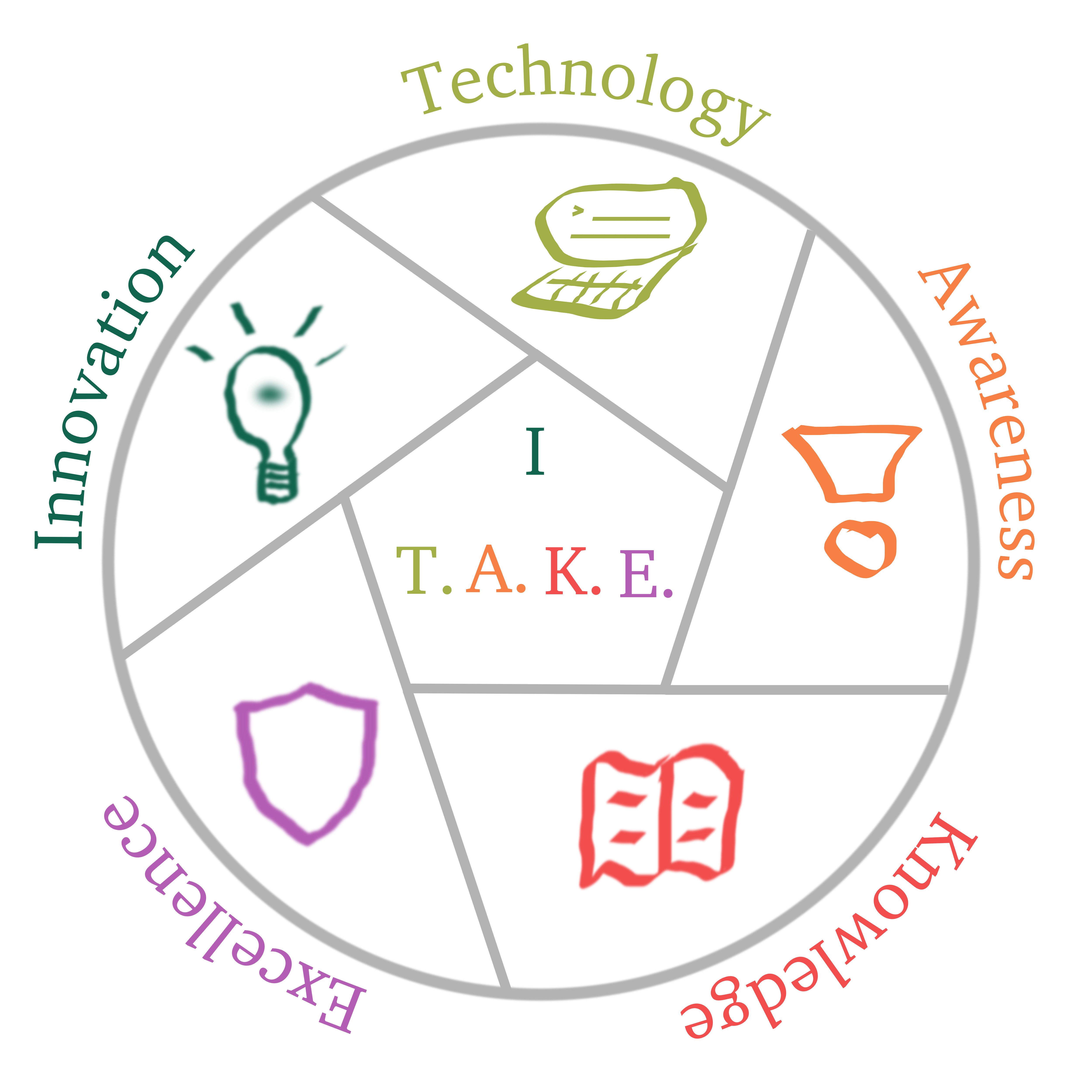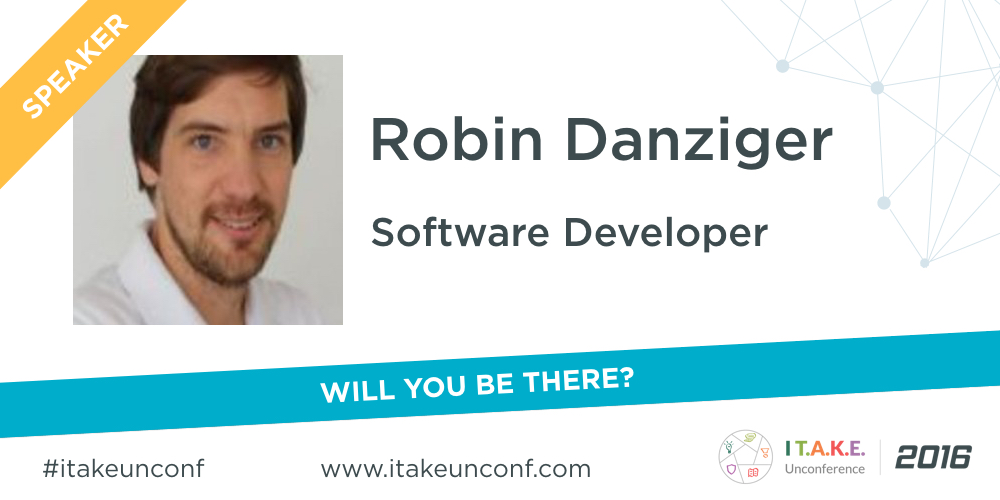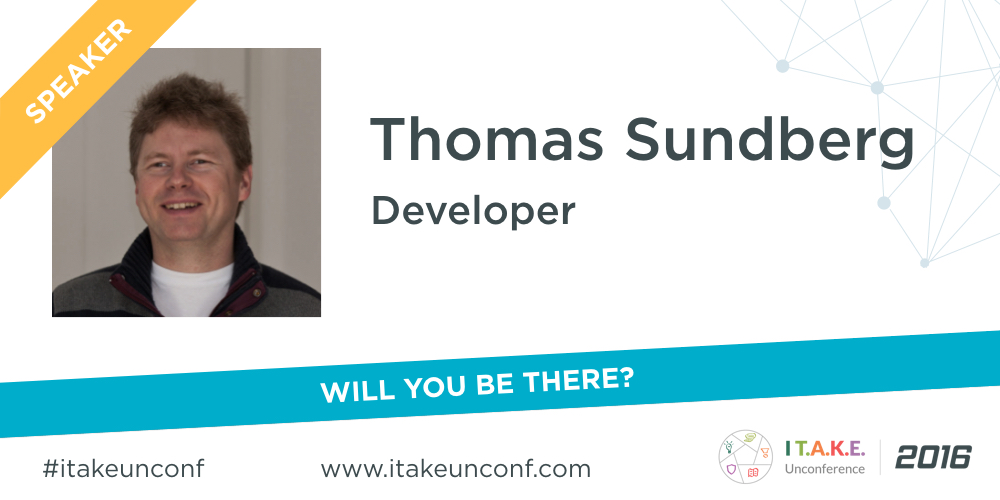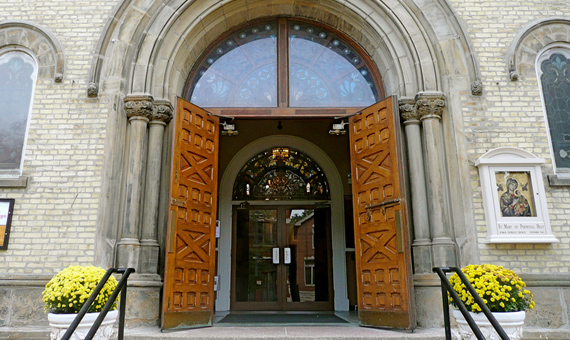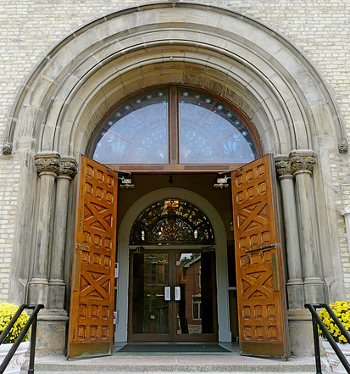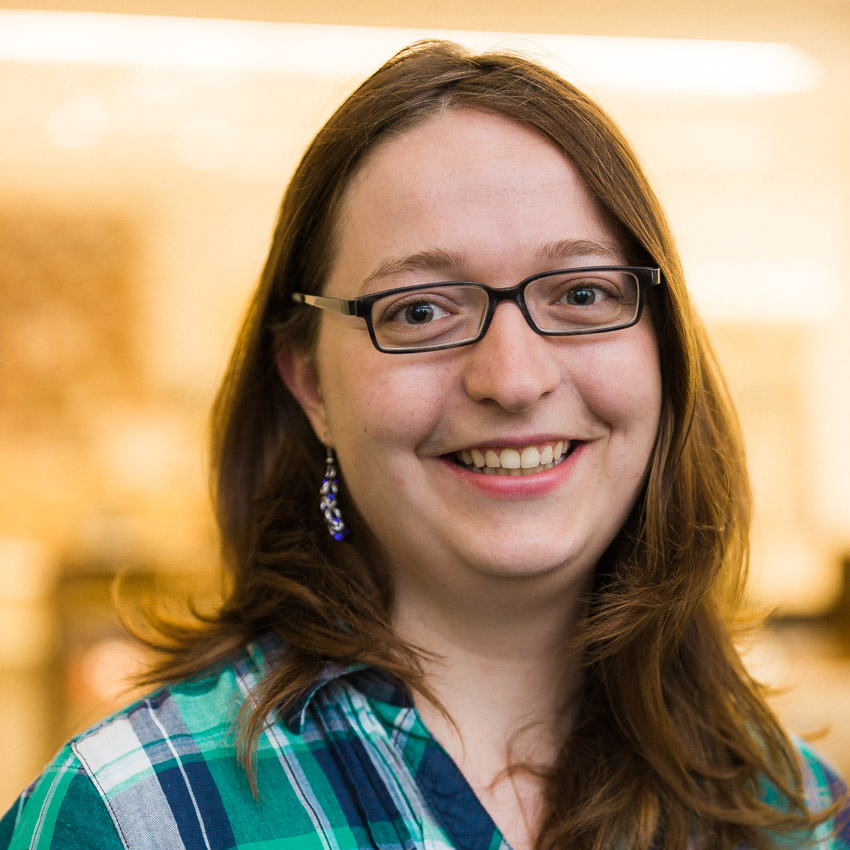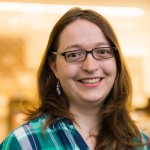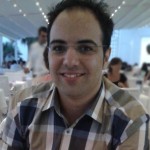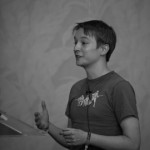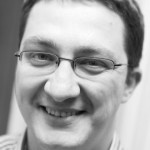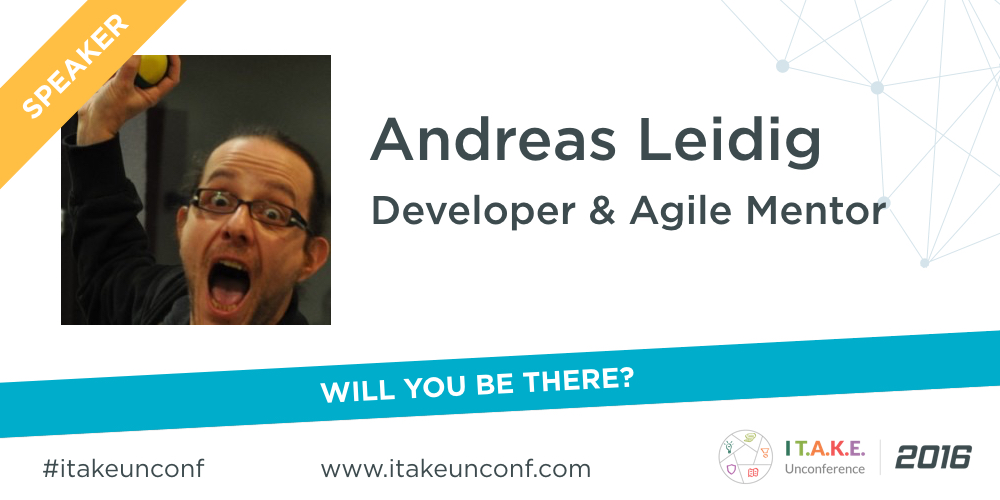
Enjoy the following series of interviews with the speakers, top-notch software crafters from across Europe, joining I T.A.K.E Unconference, Bucharest, 19-20 May. Discover the lessons learned and what drives them to challenge the known path in their field.
Andreas Leidig, Developer & Agile Mentor MsgGillardon AG, and Robin Danziger, Software Developer, will join I T.A.K.E Unconference 2016 as speakers. They will share in their talk more about mocks and prototypical library for solving this problem in JavaScript: chadojs.
#1. SHARE TOP 5 THINGS YOU DID THAT HELPED YOU GROW & BECOME THE PROFESSIONAL YOU ARE TODAY
Robin:
- Regular participant and speaker at conferences & local user groups
- Coaching teams and organizing internal meetups about software development
- Working with different teams and companies (I’m a freelancer)
- Ask professionals how they would solve a problem
- Try to read the whole internet 😉
Andreas:
- Initiating a conference (SoCraTes)
- Visiting and speaking at conferences
- Listening and questioning my own views
- Working with different teams (during my previous job)
- Thinking outside the box
#2. What challenges will the participants find solutions to during your session at I T.A.K.E Unconference 2016?
Participants will learn about the possible pitfalls and gaps when using mock objects blindly. They will understand that this may lead to decreased safety for refactoring and this weakend trust initiates the need for creating more and more integration tests.
They will see the underlying principles and learn about ways and techniques to escape this trap.
3. What else would you like to share with participants
Robin:
I like to talk about different software development approaches. How can we use and maintain software tests from specifications and end-to-end-tests to unit-tests. And I would like to know how other teams share their knowledge and improve the collaboration inside the team.
Andreas:
Don’t be shy. Open your ears and eyes. Listen and ask.
Want to join Andreas & Robin and many more software crafters from around Europe?
